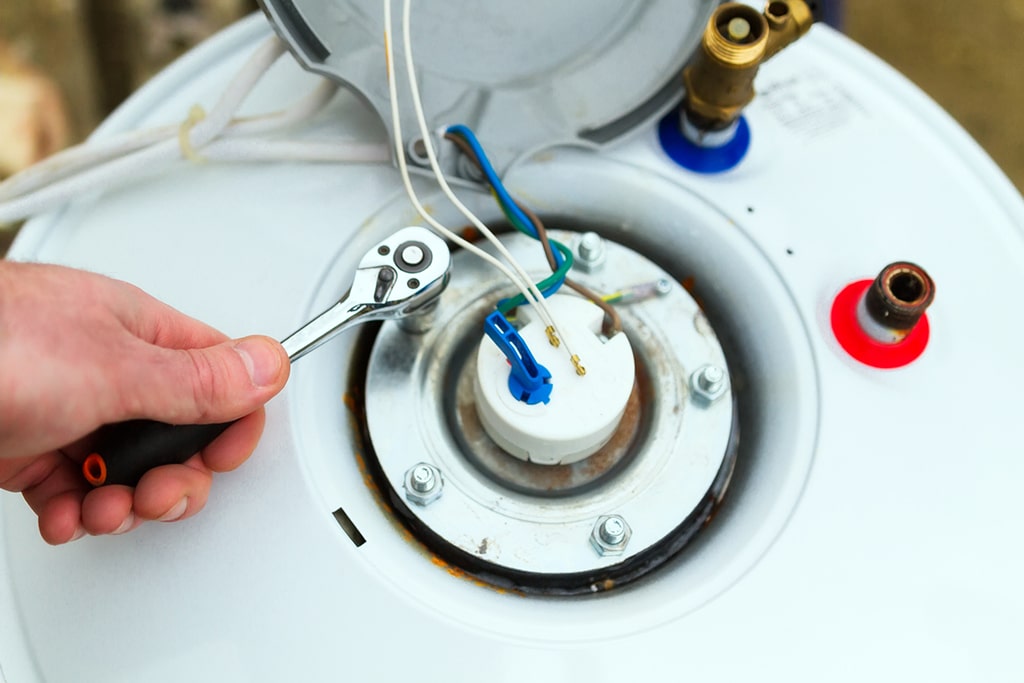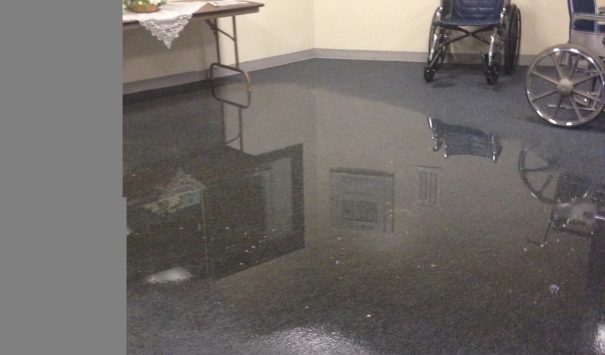Required Protocols for Homeowners Dealing with Broken Hot Water Systems
Required Protocols for Homeowners Dealing with Broken Hot Water Systems
Blog Article
Were you hunting for facts about How to Avoid a Broken Hot Water Heater?

Whether it is situated in the basement or a different room, busted water heating systems can create anxiety. Having no warm water supply is additionally bothersome.
Shut Off Source Of Power
Before calling the plumber, shut off a gas water heating unit by turning the temperature level dial. This will prevent electrocution, especially if there is a leakage as water is a conductor. Commonly, the heating aspect closes off when the water hits a particular temperature.
Cut Off the Cold Water Supply
Cut off the tanks tap water supply from the source. This goes from your major water line into the storage tank. When your container remains in good condition, the cold water quits filling when the container is complete. Considering that it is leaking, the water will certainly continue to stream. Close the shutoff found on top of the heater. Turn this clockwise to shut it off. If you can not discover it or reach it, you have to turn off that primary water line outside your property.
Call the Plumber
After doing the first 2 safety and security steps, you need to call your plumber ahead today to deal with a ruptured water heater. Keep in mind that your device will certainly not just conk out substantially overnight. There are normally indicators that your aging water heater has debris build-up in the interior. Remember of the following:
Do not await major flooding to call the plumber. Already, you will have to spend even more to restore your residential or commercial property. Rather, as quickly as you detect these indicators, have actually a professional come to inspect your water heater say thanks to. Generally, water heaters have a life expectancy of concerning 8 to 12 years. With normal inspection and maintenance, you can prolong its life.
Clean Up Property
After calling the plumber, file damage by taking notes as well as pictures so you can assert your homeowner's insurance. Eliminate any type of standing water to prevent mold as well as mold development. If you have a submersible water pump, utilize that to drain pipes the water.
Bear in mind, if you notice any type of concerns with your water heater, call the pros right away. You can not take this trouble lightly since a damaged thermostat can raise water temperature to an alarmingly high degree, leading to unintentional burns.
Whether it is located in the cellar or a separate area, damaged water heating units can cause stress and anxiety. Before calling the plumber, shut off a gas water heating unit by transforming the temperature level dial. After doing the initial 2 safety and security actions, you have to call your plumber to come right away to deal with a ruptured water heating unit. If you have a submersible water pump, make use of that to drain the water. Bear in mind, if you notice any concerns with your water heating system, call the pros right away.
Is My Water Heater Broken?
The Water Heater is Old
No appliance will last forever. This includes a home’s water heater. During its lifespan, residents are going to face a situation where a new water heater installation will be necessary. The biggest problem with this is that most people are not sure when their water heater expires. Not knowing this can lead to serious risks if the unit begins to act up due to old age.
Most makes and models of water heaters will last between eight and 10 years. While 10 years is the age when water heater replacement is highly recommended, the need to replace the unit may occur before this time or after. If the unit doesn’t show any symptoms of a problem, it is a good idea to replace it at the 10-year mark (from the manufacture date).
Some of the symptoms that indicate a new unit is needed include rusting, leaks, noises, and a failure to heat up the water. Also, note that not all units have a 10-year life expectancy. The main exception to this rule is that a gas unit will last for six to eight years.
Rusty Heater Inlet Valve or Water
While steel is the strongest material on earth, it does have a weakness – rust. If corrosion occurs on a steel surface, it will begin to spread and eat through the steel in certain areas. On water tanks and pipes that are made of steel, rust is a warning sign of an impending leak.
The issue for many is trying to figure out if the rust is coming from the water heater or the pipes that lead to the faucet. If rust is seen, it is a clear indication that water heater service from the professionals is needed.
If rusty water appears out of the faucets in the bathtub or sink, it likely means a rusty water heater. If there is rust near the water inlet or the pressure relief valve, rust has likely developed inside the tank. If tap water appears rusty, it may be an issue with the pipes.
Strange Sounds from the Water Heater
Are there strange sounds coming from the tank? As a water heater gets older, rumbling noises may develop and get louder and louder as the water in the tank heats up. In homes where large amounts of hot water are used, the issue is likely going to be even more obvious when more serious issues arise. If there is a strange or loud noise coming from the unit, it is probably because of sediment buildup. A good way to remedy this problem is by flushing the heater. If this does not work, then a new unit may need to be installed.
Leaks
As a water heater gets closer to the end of its useful life, there is a higher chance there will be water around the tank. If there is water, this usually means leaks are occurring. Based on where the unit is located in the home, a leak may result in serious property damage.
Leaks are usually caused by expansions in the metal tank. The expansions occur as time passes and as the inside body of the tank is exposed to multiple heating cycles per day. When a fracture forms, the gap will be slight enough to hold the water in; however, in more serious situations, this will not be the case. If the tank is idle, the water will not leak but when the metal expands during each heating system, small amounts of water will get through the gap.

I'm very eager about Maintaining & Draining a Water Heater and I hope you enjoyed reading my piece. Are you aware of somebody else who is fascinated by the subject? Feel free to share it. We treasure reading our article about Maintaining & Draining a Water Heater.
Book Today! Report this page